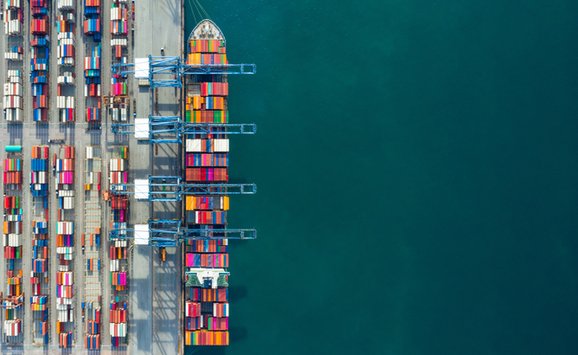There is a giant elephant in the room in the United Nations Framework Convention on Climate Change (UNFCCC).
Roughly one year after the Convention was established, global trade expanded with the creation of the World Trade Organization (WTO). However, the UNFCCC did not take into account the flow of carbon emissions in traded goods from developing to developed countries when enacting the Kyoto Protocol in 1997.
The transfer of emissions from developing to developed countries from imported goods has been growing at an average rate of 17 percent per year, and accounts for 14 percent of the growth in global emissions since 1990. Seventy-five percent of developed countries’ growth in consumption-based emissions can be attributed to emissions associated with imports from China. The import of carbon associated with these goods is canceling out domestic efforts to reduce carbon emissions in developed countries.
(Image by: Peters, et al via PNAS)
RFF’s Carolyn Fischer wrote an article in the journal Nature addressing the flow of emissions associated with imports from developing countries. Fischer looks at policy implications, acknowledging that it is nearly impossible to ask developed countries to deepen their emissions cuts based on emissions they cannot control and may not see as their responsibility. However, the other option of implementing border adjustments to reduce leakage is more costly and may not adhere to trade law obligations.
Fischer recommends reducing carbon emissions across specific industries in developing countries and using technology transfer to alleviate some of the burden, creating a more cost-effective policy than border adjustment measures.




